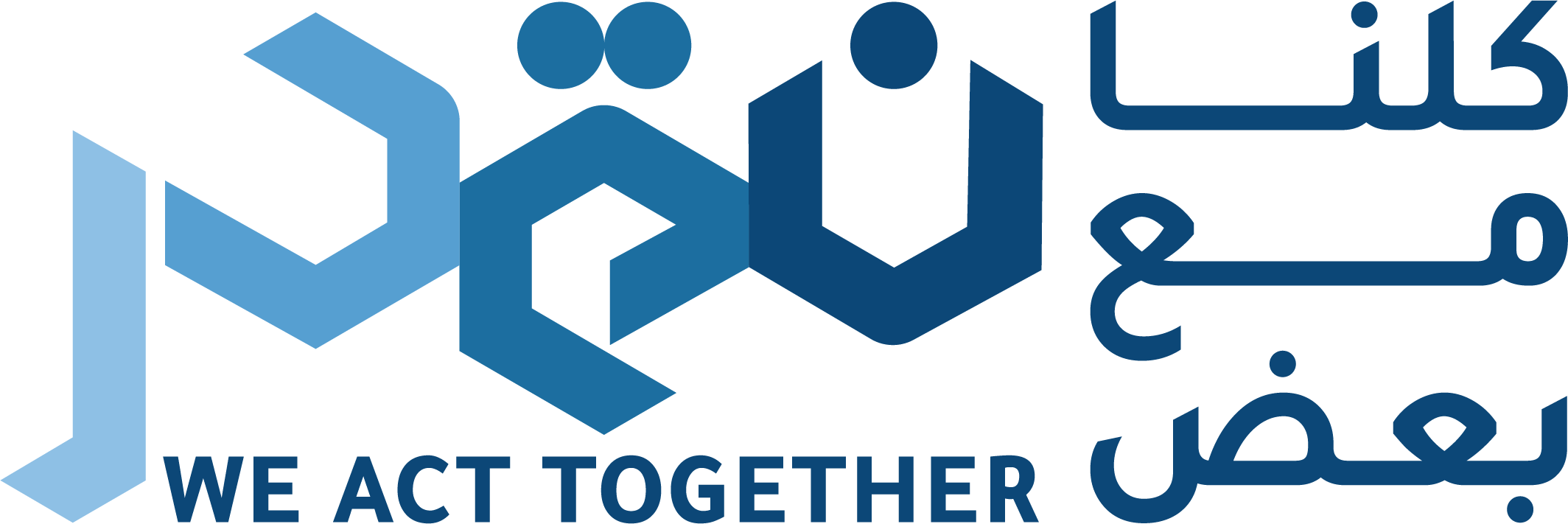The Civil Coalition for the Mountain – Morocco
| GCHR
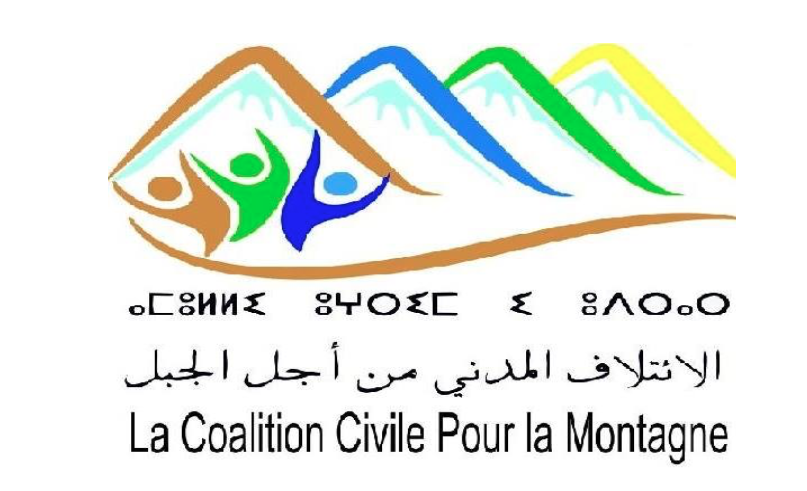
Exclusionary policies wipe mountain people off the map of Morocco
|

These are regions that endure chronic deprivation, poverty and destitution, devoid of the most basic necessities of decent living. There are no specialized hospitals, no access to water and electricity, extreme difficulty in mobility due to the bumpy roads and crossings. Some areas are completely cut off from the outside world in winter, and many houses are falling apart. Firewood is hard to come by, while temperature goes below zero. The population also lacks access to suppliers of groceries and basic goods. These are areas where it is extremely difficult to make a living amidst complex socio-economic conditions that weigh heavily on education, health, trade, agriculture and employment. Moreover, being appointed at a position in a mountainous area is considered a punitive measure, and the employees abandon such posts at the earliest opportunity possible. Education is another area of concern, as it is characterized by quality and high dropout rates, especially among girls.
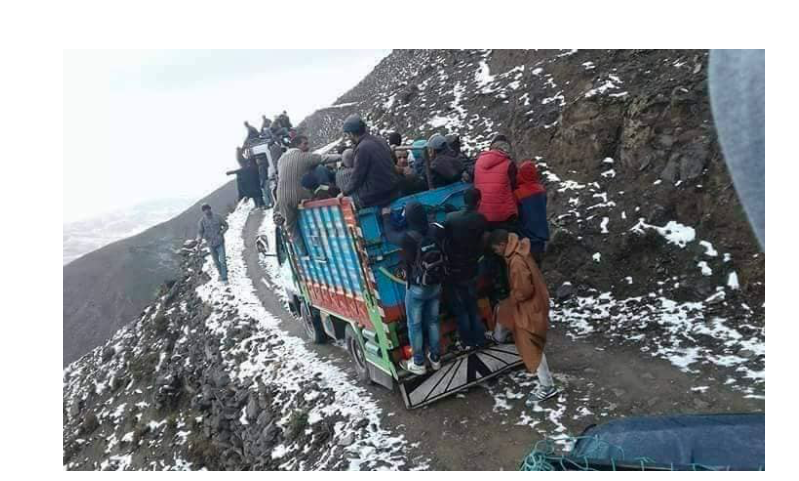
This is the reality of mountain dwellers, who have to struggle for survival.
| Mountain dwellers in Morocco suffer from extreme deprivation while their regions are lagging behind on development. |
Despite the biodiversity of mountain regions, and although they are mine areas with a rich cultural heritage and linguistic diversity, they are nevertheless a manifestation of marginalization and deprivation of fair development, and an embodiment of the “Resource Curse”, where the mountain has an abundance of natural resources and a wealth of diverse qualifications; but nevertheless has the highest illiteracy rates, widespread poverty and a serious lack of services and infrastructure. To address these challenges, the Civil Coalition for the Mountain was established in 2015 in the city of Azrou, in the heart of the Middle Atlas mountain range, to defend the legitimate and just rights of mountain people, and bring an end to their exclusion.
| Our approach is based on recognizing the mountain people’s right to development, and recognizing the mountain’s significant contribution to the gross domestic product. |
The Coalition is a national alliance of more than 120 national associations from the four mountain subranges; which joined forces to defend the economic and social rights, and influence decision makers. The coalition called for implementing special development policies in mountain areas, which are designed with consideration to these regions’ geographic, economic, social and cultural specificities.
| The Civil Coalition aspires to be the voice of mountain dwellers in Morocco and to speak on their behalf of their suffering and needs. |
The Coalition seeks to employ all available means to promote the concerned communities’ ownership by ensuring that mountain dwellers themselves have a central role in the change process and to strengthen the sense of ability to improve their situation. In this regard, the Coalition organized an advocacy campaign titled “Justice and Fairness for the Mountain”, which involved civil society actors, academics and politicians.
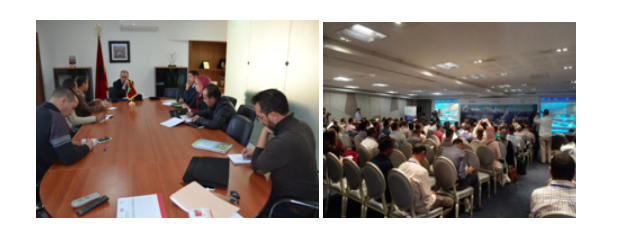
- Petition for “Mount Bou Iblane”: the Coalition gathered 1,200 signatures on a petition addressed to the President of the Fès-Meknès Regional Council, calling for developing a tourist attraction at Mount Bou Iblane, in the Eastern part of the Middle Atlas.
- The petition for “The Ben Smim Hospital”: 5,000 signatures were gathered on a petition addressed by the Coalition to the Prime Minister, demanding the re-operationalization of the Ben Smim Hospital near the City of Ifrane in the Middle Atlas.
- Contributed to the discussion and drafting of a law concerning public domain land: the Coalition held four consultation workshops that provided input to drafting a memorandum comprising 30 observations, which was presented to the Parliament.

The coalition prepared a proposal for a framework law concerning mountain areas, and a proposal pertaining to the integrated public policies for the demands of mountain dwellers, with a view to protect the mountain’s environmental, social, economic and cultural structures.
The coalition is campaigning for the adoption of a law to ensure the sustainable and multi-dimensional development of mountainous areas. Its objective is to push for the enactment of a public policy that addresses the pressing issues in mountain areas in a manner that takes into account the specificities of mountain areas. Moreover, the Coalition seeks to strengthen the civil society’s role in advocacy, and consolidate efforts among the various actors working for the mountain.
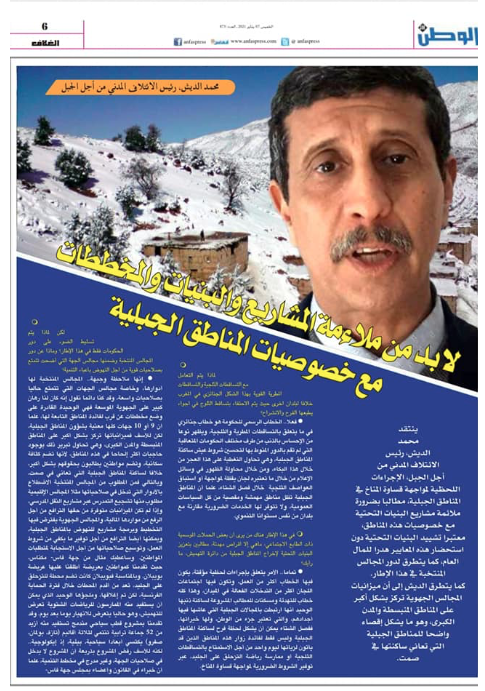
| Did you know?
The United Nations General Assembly proclaimed 2002 as the International Year of Mountains (IYM). On that occasion, the UN General Assembly designated December 11 of each year as “World Mountain Day”, starting from 2003. According to UN documents, mountains are globally home to about 15 percent of the world’s population, and a quarter of the world’s wild animals and plants. They also provide fresh water for the daily life of half of humanity. Mountain conservation is a key factor for sustainable development and is part of Goal 15 of the Sustainable Development Goals (SDGs). |
During the lockdown imposed due to the COVID-19 outbreak, the Coalition provided cash assistance to 90 mountain families, to help mitigate the impacts of the pandemic on their modest means. On the World Mountain Day, December 11, 2020, the Coalition partnered with a group of sponsors and a manufacturing company to distribute 300 ovens for the residents of Aichoun village, in the commune of Tazouta, in order to meet the residents’ needs during winter, and reduce their dependence on firewood. These ovens offer clean heating and firewood conservation. The Coalition took this opportunity to urge the residents to use firewood in moderation, and to remind them of their role in the conservation of the forest.
The coalition aims to reduce the isolation of remote mountain areas; improve infrastructure (water, electricity, roads and transportation); and bring services closer to citizens in mountainous areas.
| “If you can gather 25,000 signatures, you will become the Mountain Party par excellence”. This was the comment made by a constitutional law scholar, on the unreasonable requirements for submitting a legislative petition. |
As the Legislative Council failed to pass an adequate law, the Civil Coalition for the Mountain is now seeking to collect 25,000 signatures in order to submit a legislative petition (guaranteed by Morocco’s constitution), in the form of a draft Mountain Law to be submitted to the Parliament for discussion and endorsement, in a manner that ensures national participation.
Today, the Coalition is a member of the Mountain Partnership and the Africa Mountain Regional Forum (ARMF). The Coalition is a candidate for membership in the United Nations Economic and Social Council (ECOSOC). Furthermore, the Coalition works to support participatory democracy, strengthen the roles of advisory bodies in 24 local communes in thirteen provinces in three regions: Fès-Meknès, Drâa-Tafilalet and Béni Mellal-Khénifra; to support the cause of the mountain, involve citizens within the advisory bodies to make their voice and opinions heard, and strengthen their ability to plan and manage their local affairs.
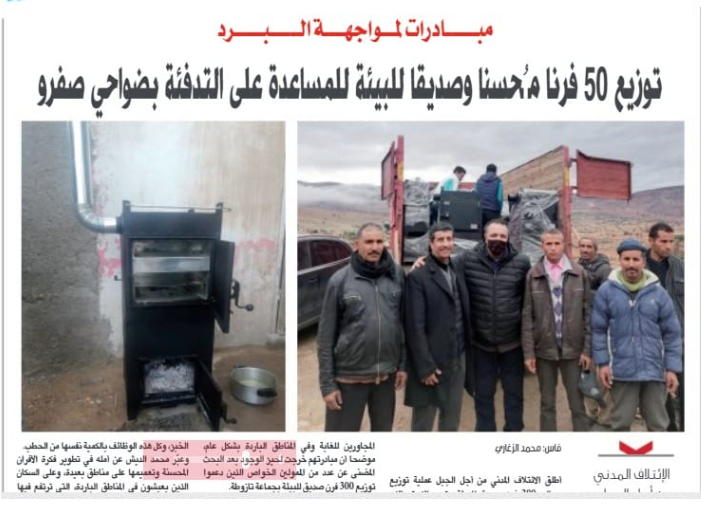
The Coalition believes that mountainous regions are rich in natural resources, human capital as well as their values and traditions. Mountain areas have sufficient capacity to overcome marginalization and neglect. What is remaining is only for state institutions to be fair towards these regions, otherwise there could be disastrous consequences on the sustainability and wealth of the entire nation. Until true justice has been achieved, in a manner that ensures balanced development and equal access to rights, the Coalition renews its commitment to work for a unified Morocco which makes the best use of all its potential, and where all citizens enjoy their right to equity and a decent life.
| The Civil Coalition for The Mountain
|
